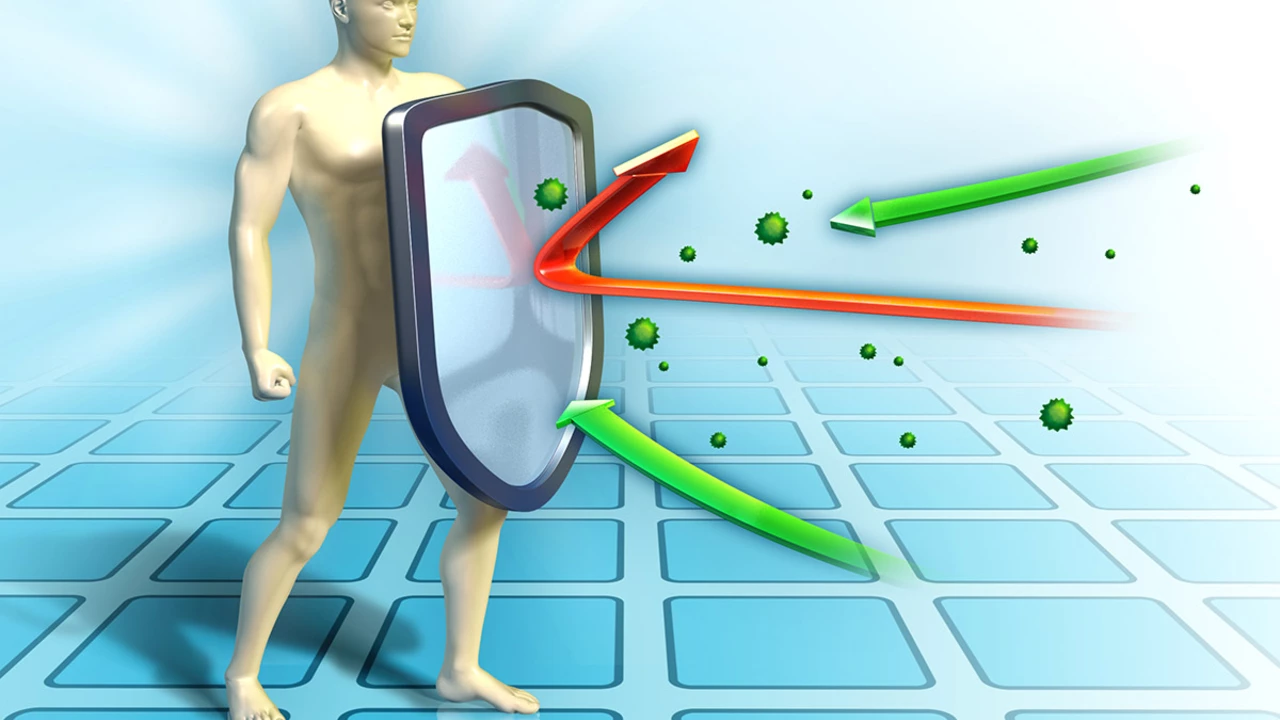Insomnia: Practical Help and Safe Medication Info
Can’t sleep again? You’re not alone — insomnia shows up in short bursts for many people or sticks around for months for others. This page offers clear, useful steps you can try tonight and explains how some medications work and what to watch for if you consider drug treatment or buying meds online.
Quick fixes and daily habits that actually help
Sleep is a habit as much as a feeling. Start with a predictable bedtime and wake time, even on weekends. Cut caffeine after mid-afternoon and skip late heavy meals. Dim lights an hour before bed and push screens away — blue light tells your brain it’s daytime. If your mind races, try a 10-minute journaling routine to dump worries onto paper before lights out.
Limit naps to 20–30 minutes before 3pm. Move exercise into the morning or early afternoon — it helps fall asleep faster, but vigorous late-night workouts can keep you wired. Keep the bedroom cool, dark, and quiet; blackout curtains or a white-noise app can make a big difference. If you can’t sleep after 20 minutes, get up, do something boring in low light, then try again.
For many people with chronic insomnia, cognitive behavioral therapy for insomnia (CBT‑I) works better than sleeping pills. CBT‑I teaches you how to change unhelpful sleep habits and worry patterns. Ask your doctor about a local CBT‑I program or online options.
Medications and safety tips
Some drugs help short-term, and some are repurposed for sleep. Amitriptyline is one example — it’s primarily an antidepressant but is used at low doses for sleep and chronic pain. Sedating antihistamines can make you drowsy at night, but they often cause next-day grogginess and aren’t meant for long-term use. Always start with the lowest effective dose and talk to your doctor about side effects and interactions, especially if you take other medicines.
If you consider buying medication online, be careful. Only use pharmacies that require a prescription, show clear contact details, and are licensed in your country. In the UK, check for GPhC registration and an MHRA-marked product when relevant. Avoid vendors that sell prescription drugs without asking for a prescription or offer huge discounts for popular pills — that’s a common red flag.
Watch for warning signs: if you have loud snoring with gasping, morning headaches, or very heavy daytime sleepiness, ask about sleep apnea — that needs testing, not just sleeping pills. If insomnia comes with depression, anxiety, sudden weight change, confusion, or thoughts of harming yourself, get medical help quickly.
Small changes can help tonight; structured treatment works best long-term. Talk to your doctor about CBT‑I, safe medication choices like low-dose amitriptyline when appropriate, and how to use online pharmacies responsibly. There’s usually a path back to steady sleep — one practical step at a time.
Well, folks, brace yourselves because we're diving into the land of sleep, or lack thereof, and how it's playing tug-of-war with our immune systems! You see, when insomnia decides to throw a never-ending party in your life, your immune system is the grumpy neighbor who suffers. Recent studies suggest a firm handshake between the two, where sleep deprivation can lead to a weakened immune system, making us more susceptible to illnesses. Now, isn't that a plot twist? So, remember, next time you're pulling an all-nighter, you're not just losing sleep, you're also giving your immune system a hard time!
During these difficult times, many of us are experiencing insomnia and stress, which can significantly impact our overall well-being. To manage sleep disruptions, it's essential to establish a consistent sleep schedule, create a relaxing bedtime routine, and limit exposure to screens before bedtime. Moreover, incorporating stress-reducing techniques, such as meditation and exercise, can also help improve our sleep quality. By prioritizing self-care and focusing on ways to reduce stress, we can work towards achieving better sleep and ultimately, a healthier mindset. Remember, taking care of our mental health is just as important as our physical health, especially during challenging times.


